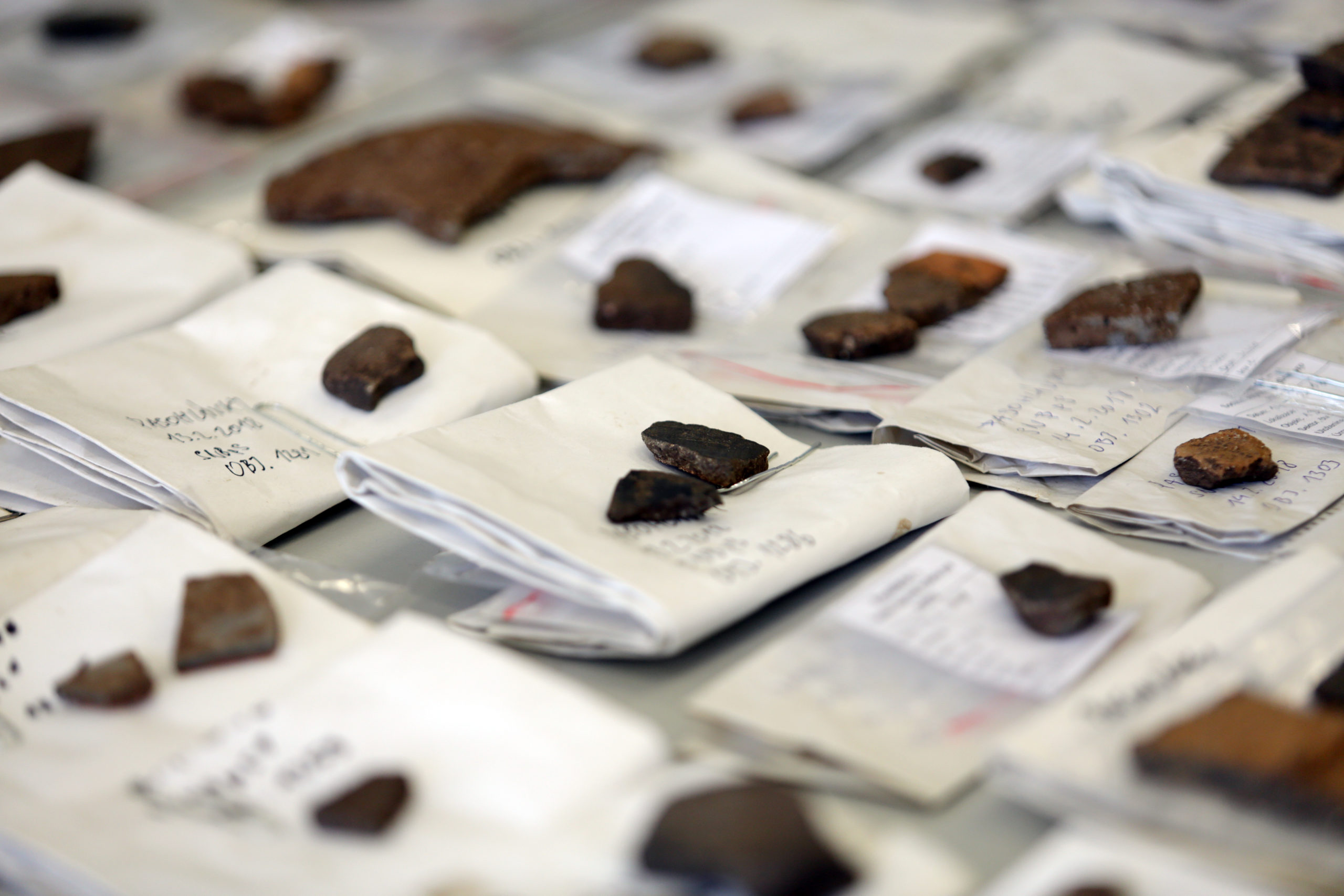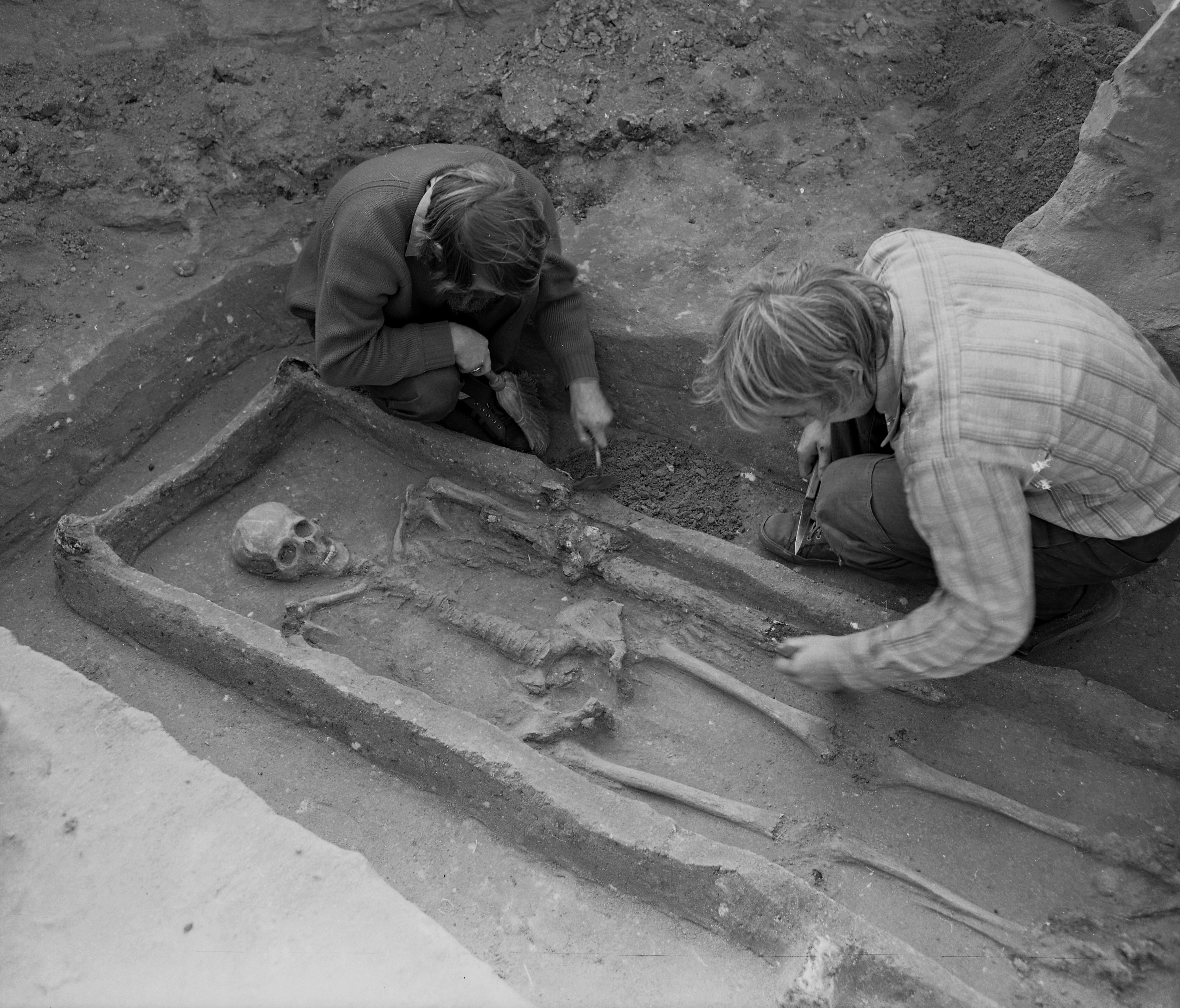The Institute of Archaeology is comprised of Czech and foreign researchers, technicians and service employees who are connected by a professional interest in investigating the history of humankind from the Paleolithic to the Middle Ages. The institute’s unique geographical scope enables them to study regions where cultural streams of Europe’s earliest populations mixed and settled in the territory of Moravia and Silesia on their journey across the continent. Internationally famous archaeological sites that are the subject of long-term research by the employees of our institute provide fundamental sources of knowledge of the important stages in Central European history for science as well as the public. The most attractive themes include the birth of modern humans, Homo sapiens, and their adaptation to the natural conditions of the Old Stone Age; military conflicts between barbarians and the Romans in the first centuries AD; the varied fortunes of the Lombards and other Germanic tribes during their migration in Europe in the 5th and 6th centuries; the beginnings of statehood and Christianity associated with Great Moravia in the 9th century; and the emergence of towns and the development of mining as the characteristics accompanying the transformations of the 13th century.
The conclusions of our basic research, based on some of the earliest archaeological records, also provide answers to the most topical questions of the present time. Themes such as the human ability to adapt to the climatic conditions, sustainable development of complex societies, the interaction of various cultures and religions, the exchange of ideas and technologies, war conflicts and the growing gap between the rich and the poor are evergreen topics that appear in all societies from prehistory to this day.
Even though we mainly concentrate on unique regional topics that could not be studied anywhere else in the world, our finds and studies bear a universal message. A message for anyone who, like us, believes that a complex understanding of the past allows us to better prepare for the future and prevent negative impacts that we, humankind, have experienced more than once. This conviction also means that we consider the digitisation and storage of archaeological data for future generations a priority that we follow intensively and systematically.
To address our research themes in the most complex manner possible, cooperation on our projects with experts and institutions in this country and abroad, openness to young and enthusiastic researchers and the support of interdisciplinary collaboration are crucial to us. Equally important is the task to communicate the results of our research to the lay public, with whom we maintain an active relationship that enriches both parties through lectures, expositions, popular science publications and other activities by means of citizen science.
Science and research
Within the framework of our scientific research, we focus our attention on several key themes that also provide answers to the most topical questions of this time.
Research topics

History
The Institute of Archaeology of the Czech Academy of Sciences in Brno was established in 1942 as a branch of the State Institute of Archaeology. In 1970, the Brno workplace was constituted as an independent scientific institution of the then Czechoslovak Academy of Sciences.
HistoryCooperation
During our research, we intensively collaborate with various institutions, scientists and students.

